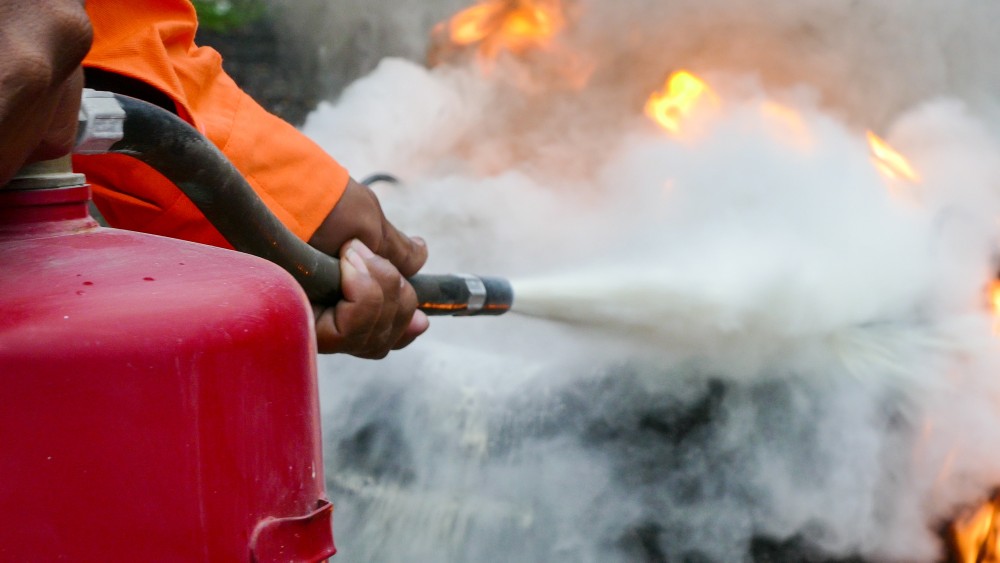Sydney businesses must make sure that they are protected from fires. This is not only to ensure compliance with laws, but also for their employees, clients, as well as their property. The risks that can arise from an incident can be mitigated or reduced with the correct safety measures. Inspections for fires, regular testing and marking of electrical systems and the compliance with CFSP regulations all work to ensure a safe environment and ensure businesses remain compliant with local regulations as well as Building Code of Australia (BCA) standards.
The reason Fire Inspections Are the Foundation of Safety
Fire inspections are the first line of defense against potential hazards. They verify that the fire safety system installed in the building is current and functional. In Sydney, businesses must perform inspections every six months or annually, depending on building type and local council regulations. A typical inspection covers everything from fire alarms and sprinkler systems to smoke alarms, hydrants and extinguishers and emergency lighting.

The ability to spot problems that are not obvious and correct them before they can cause harm is what makes inspections crucial. In a crisis an emergency, a minor flaw in a smoke detector, or the fire hydrant’s malfunction could appear insignificant. By carrying out regular fire inspections, businesses owners are not only meeting compliance obligations but also taking active steps to ensure their workplaces are protected from unavoidable disasters.
The hidden electrical risk can be addressed by testing and labeling
Electrical systems are one of the leading causes of workplace fires, which is why testing and tagging should always be part of a fire safety plan. The process includes checking electrical devices for safety, functionality, and compliance, then applying a tag to signal that the product has been examined. This isn’t just an obligation for all firms. It’s also a way to protect against the hidden dangers.
A faulty appliance, old wiring, or worn-out cables can easily cause fire in the event that they are not checked. Regular testing and marking minimizes the possibility of an electrical malfunction leading to a fire. This also assures employees that their workplace is secure, thereby fostering trust and confidence in the workplace. When combined with testing, fire inspections and tagging can provide a comprehensive security plan to reduce risk on several fronts.
The Role of CFSP in the field of Compliance and Certification
In New South Wales only a Competent Fire Safety Practitioner (CFSP) can be accredit or sign vital fire safety documents, like the annual declarations of fire safety. Introduction of CFSP certification has raised standards in fire safety, ensuring only professionals are qualified to review and verify the safety. Working with a CFSP assures that reports and inspections aren’t just paperwork, but are backed by reliable assessments from experts.
The function of a CFSP goes far beyond simply the process of checking boxes. They provide comprehensive reports and confirm compliance to laws. Companies that don’t have CFSP certification run the risk of being sanctioned or facing legal issues and even closing should they be found to be insufficient with fire protection. Working with certified professionals will ensure that fire safety systems are being maintained correctly and that compliance obligations are met without unnecessary stress.
The Fire Safety Act: A Lifelong Obligation
The safety of your fire system is a continuous obligation for every business owner. Regular inspections, continuous examination of electrical systems and a proper certification process through CFSP supervision create a cycle of safety that does not stop. Beyond compliance with the law the continuous approach creates an atmosphere of safety and security in the workplace. Employees feel reassured knowing that clear evacuation plans are in place, smoke alarms are functional, emergency lighting is tested and fire-fighting systems are ready for use.
By treating fire safety as an ongoing activity and not just a checkbox to check each year, businesses can reduce risks and also enhance their image. If a workplace is geared towards security, clients and customers are more secure. Long-term, proactive security measures against fires can save the company money by preventing costly damage such as fines, legal fights or fines. It also safeguards everyone in the structure.
Conclusion
The safety of your property in Sydney requires a multi-layered strategy which includes fire inspections testing and tagging as well as professional certification by a CFSP. Each of these components is crucial in assisting businesses to comply with the law, but also in securing the lives of people and property. When safety becomes a consistent element of business instead of being a last-minute consideration, businesses not only meet their legal obligations, but provide a safer and durable environment for the next.